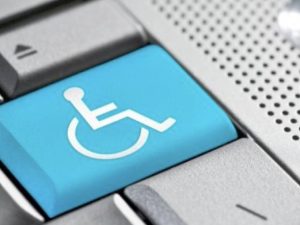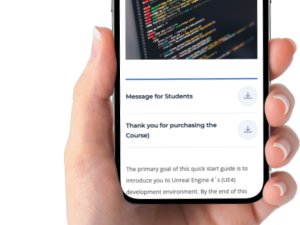Communication and Collaboration
- Description
- Curriculum

Introduction
Digital education to build inclusive societies
Many people, due to their economic, social and cultural status, often find themselves in a situation of marginality that precludes their access and active participation in society. Aiming at both hard and soft skills (technical-scientific skills and interpersonal skills) as well as digital skills is therefore crucial to ensure greater emancipation and empowerment of the individual.
One has to consider that the ongoing digital transformation, accentuated also by the recent pandemic, presupposes the adoption of a human-centric learning model, where digital education and digital literacy will be oriented towards the uniqueness and genius of individuals, their needs and the fullfillment of the individual, so as to ensure both well-being and wellbeing in the 21st century society. Needs for knowledge, for social inclusion, for employment inclusion but also needs in terms of security and support in case of violence or other factors that preclude the freedom of individuals when online. And indeed, on January 2022, the EU Commission proposed a declaration on digital rights and principles for the digital decade, which includes as main right and principle “putting people and their rights at the centre of the digital transformation” and “Supporting solidarity and inclusion”.
Digital education occurs at all ages, where it is an integral part of life-long learning and should therefore be promoted for all age groups. Consider that, on a European level, only 56% of people aged 16-74 have basic digital skills. The goal is therefore to empower everyone and reach 70% of people with basic digital skills by 2025 (EU Community survey data on ICT usage in households by individuals).
The Learning Objectives covered by the Module
| In completing this Module, the learner will be able to:
· Understand the meaning of digital inclusion in the commnucation context · Learn how to improve communication throught social media · Learn how to collaborate within platform in higher education/personal life |
Units within the Module:
| Module 1 is divided in 2 main units:
1. The New Era of Digital Communication 2. Improving inclusion in higher education through collaborative platforms |
-
1The new era of digital Communication
Unit 1 aims to identify accessibility issues for learners with disabilities and related barriers in digital content. Furthermore, this first unit will describe new methods of communication for students with disabilities, emphasising the benefits in their social and educational life. A list of the social media most frequently used as a communication channel by learners will be provided, along with their respective digital features that break down accessibility barriers. A case study underlines how digital communication is a valid education resource, connectivity and supportivly.
In completing this unit, the learner will be able to:
. Learn how Identifying Digital Communication Barriers
· Learn how IT communication could be accessible throught Social media
. Learn what Social Media is and related tools to break down communication barriers.
-
2Assessment 1, Activity Unit #1
-
3Improving inclusion in higher education through collaborative platforms
Unit 2 is expected to describes the overall benefits of the Digital Platforms and in deep to highlight the accessibility features of the most used platforms in the education field.
In completing this unit, the learner will be able to:
Learn about Educational Digital Platform, purpose, features and tools
-
4Assessment 1, Activity Unit #2











